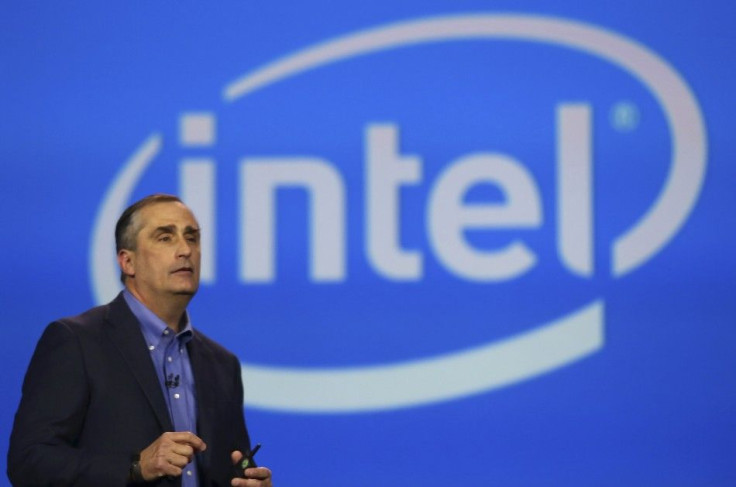Intel Challenges Apple's A7 with 64-Bit Chipset

Intel will not be left behind in the 64-bit competition. While all eyes are on Samsung and its bid to go against Apple's A7 processor, it appears the chip giant wants to prove it is not out of the game yet. Intel's latest Atom chip code-named Merrifield follows a 64-bit architecture framework similar to the A7. Can it rival Apple's crowning glory?
Intel's Merrifield is the answer to the much awaited 64-bit chip version for Android handset. The company announced the processor last February 24 revealing a handset running the OS for the 64-bit. Previously, Intel showcases tablets running a prototype of the 64-bit Android chip, more popularly known as Bay Trail.
Merrifield is the realization of those goals. The company's vice president and general manager for Mobile and Communications Group, Hermann Eul went on stage during the event. Eul took a smartphone from his pocket and browsed through several screens displaying the Android interface.
"We have on Merrifield our 64-bit Android kernel running," Eul explained.
"We prepare the world and the ecosystem for advances and we push the 64-bit adoption in mobile."
Intel announced last January that the company finished its 64-bit Android kernel project. Intel has been working on the 64-bit integration with Android 4.4 KitKat for quite some time. Despite the announcement, the company has identified any smartphones that will be receiving the technology soon. According to the company's forecast, they can announce receiving smartphones at the end of the second quarter.
Intel discussed about its long-term partnerships with Asus and Lenovo but the company did not clarify whether the companies mentioned will be adopting the 64-bit Android framework. The 64-bit design promises improvements in compression, video performance, intensive computing and decoding. It offers handsets additional memory capacity up to 4GB. Additional memory means better performance.
The company's demonstration will serve as an inspiration for other device makers to test their hands on the 64-bit OS. Intel had to accelerate the code contributions to finish the 64-bit Android kernel for its x86 chips. The 64-bit ARM chips are still in the development process.
"Nobody expected the transition to come this quickly. Apple accelerated everyone's schedule," Jim McGregor explained. McGregor is a principal analyst at Tirias Research.
"It's just a matter of where the schedule fits. Nobody expected the need to have it today," McGregor added.




















